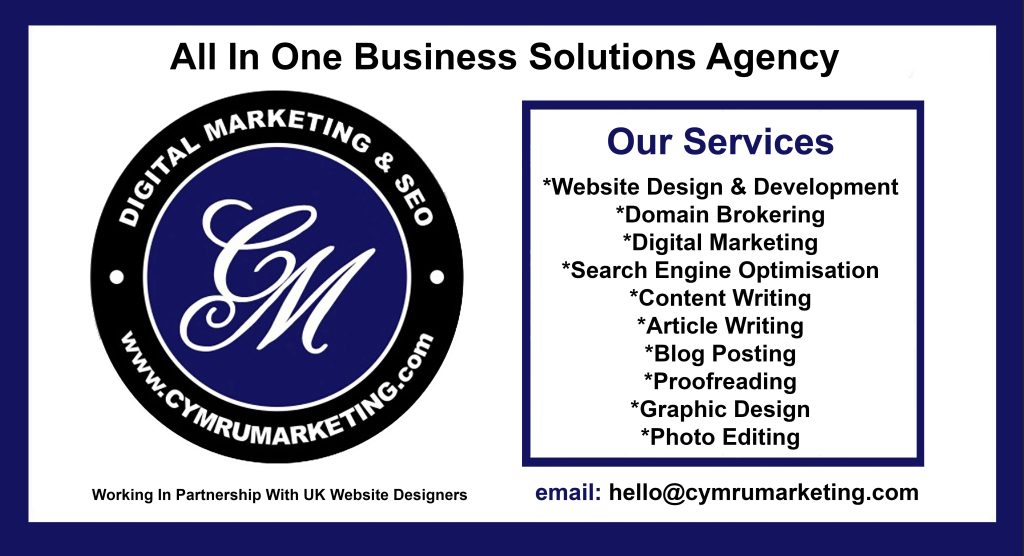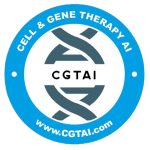Gene Therapy Start-Up Kriya Therapeutics
Country: USA | Funding: $450.5M
Kriya Therapeutics is a next-generation gene therapy company focused on designing and developing transformative new treatments.
Kriya Therapeutics – Unleashing the Power of Gene Therapy
Who Are Kriya Therapeutics
Kriya Therapeutics is a start-up company focused on developing transformative gene therapies for the treatment of a wide range of genetic diseases. The company was founded in 2018 by Dr. Shankar Ramaswamy, Dr. Eric Kelsic, and Dr. Indu Ramachandran, all of whom have extensive experience in the field of gene therapy.
Kriya Therapeutics is headquartered in San Francisco, California, and has a team of world-class scientists, researchers, and business professionals working together to advance gene therapies that have the potential to cure genetic diseases that were previously considered untreatable.
The company’s approach is based on the use of adeno-associated virus (AAV) vectors to deliver therapeutic genes to the cells of patients. AAV vectors have been extensively studied and are considered safe and effective for gene therapy applications. Kriya Therapeutics is developing novel AAV vectors that have improved transduction efficiency and specificity, which allows for the targeted delivery of therapeutic genes to specific tissues and organs.
Kriya Therapeutics has a pipeline of gene therapies that are in various stages of development, including programs for the treatment of rare genetic diseases such as hemophilia, sickle cell disease, and lysosomal storage disorders. The company’s lead program is KRT-181, a gene therapy for the treatment of hemophilia B, which is currently in preclinical development.
Hemophilia is a genetic disorder that affects the blood’s ability to clot, which can lead to excessive bleeding and other complications. There are currently no cures for hemophilia, and patients require frequent infusions of clotting factors to prevent bleeding episodes. Kriya Therapeutics’ gene therapy for hemophilia B has the potential to provide a one-time cure for the disease, eliminating the need for frequent infusions and improving patients’ quality of life.
Kriya Therapeutics has also partnered with academic institutions and other companies to advance gene therapies for a range of diseases. The company has partnerships with the University of Pennsylvania and the Children’s Hospital of Philadelphia to develop gene therapies for lysosomal storage disorders, and with the University of California, San Francisco, to develop gene therapies for sickle cell disease.
In addition to its scientific and clinical work, Kriya Therapeutics is committed to building a diverse and inclusive company culture. The company has implemented policies and practices to promote diversity and inclusivity, including bias training for all employees and a diversity and inclusion council that provides recommendations for company-wide initiatives.
Kriya Therapeutics is a promising start-up that is poised to make significant contributions to the field of gene therapy. The company’s innovative approach to developing gene therapies has the potential to transform the lives of patients with genetic diseases, and its commitment to diversity and inclusivity reflects a forward-thinking and socially responsible approach to business. As Kriya Therapeutics continues to advance its pipeline of gene therapies, it will undoubtedly attract attention from investors, partners, and patients alike.
How do Kriya Therapeutics Market Themselves
Kriya Therapeutics markets itself through a variety of channels, including scientific conferences, social media, and its website.
Scientific conferences provide an opportunity for Kriya Therapeutics to showcase its research and development efforts to a broad audience of scientists, researchers, and investors. The company regularly presents at scientific conferences and publishes scientific papers in peer-reviewed journals to establish credibility and demonstrate its expertise in the field of gene therapy.
Kriya Therapeutics also utilizes social media to promote its company and its mission. They maintain active profiles on platforms such as LinkedIn and Twitter, where they share news about their research and development efforts, company updates, and job opportunities. By engaging with their followers and providing regular updates, Kriya Therapeutics aims to build a community of supporters and advocates for their gene therapy programs.
Finally, Kriya Therapeutics’ website serves as a hub for information about the company and its pipeline of gene therapies. The website features detailed descriptions of the company’s programs, team members, and partnerships, as well as press releases and news articles about the company’s progress. The website also provides a platform for potential investors and partners to learn more about Kriya Therapeutics and its approach to developing gene therapies.
Overall, Kriya Therapeutics markets itself by establishing its credibility through scientific publications and conference presentations, building a community of supporters through social media engagement, and providing detailed information about its company and pipeline on its website. By utilizing these various channels, Kriya Therapeutics aims to raise awareness of its gene therapy programs and attract the interest of potential investors, partners, and patients.
ADVERTISEMENT
If you found this article insightful and need similar content for your site please contact us using the button below:

#kriyatherapeutics #genetherapy #cellteraphy #cellandtherapyai #cgtai #biotechnology #biotechnologymarketing #biotechnologywriting #cgtaiwriting























